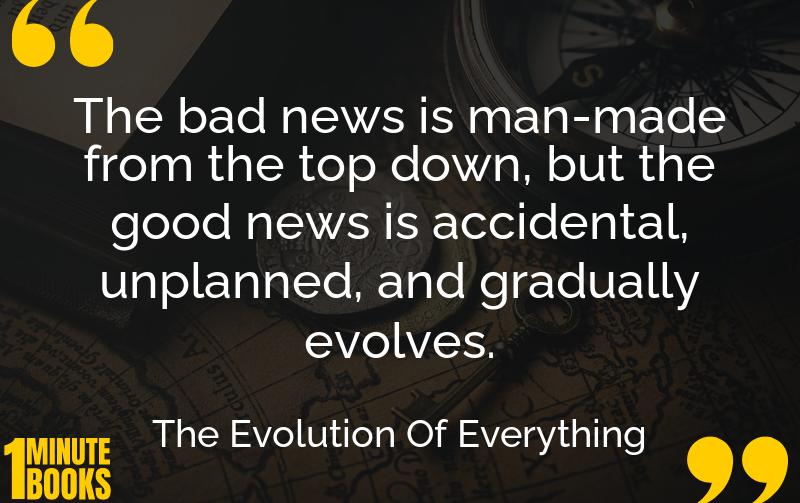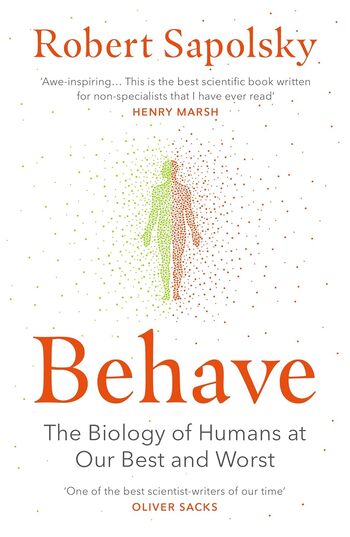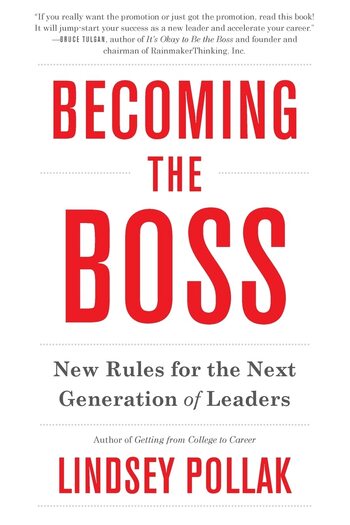
Ridley’s book explores how all aspects of society, from technology to morality, evolve through natural selection and small changes over time, rather than through deliberate design.
Main Lessons
- Evolution applies to all cultural aspects, from morality to technology.
- Human history often credits complex systems to top-down design instead of organic evolution.
- Society’s organization and advancement are byproducts of natural selection among competing ideas.
- Biological and societal evolutions share the bottom-up nature causing gradual progress.
- Morality evolves spontaneously, shaped socially rather than divinely prescribed.
- Language emerges organically, as a mechanism of evolving common use patterns.
- Technology progresses through trial and error, akin to biological evolution.
- Monetary systems historically emerged and evolved independently of government control.
- Personality traits and intelligence are strongly influenced by innate genetics.
- Internet development mirrors evolutionary patterns, fostering innovation through decentralization.
- Religion too has evolutionary roots, arising from human creativity and societal competition.
- Education, like personalities, benefits from encouraging exploratory learning over formal structuring.
- Historically, many positive developments stemmed from spontaneous, decentralized changes.
- Despite historical focus on disasters, human progress is marked by unforeseen advancements.
- Recognizing spontaneous constructive change offers insight into the evolution of societal norms.








